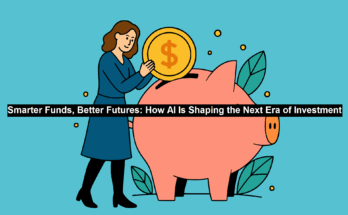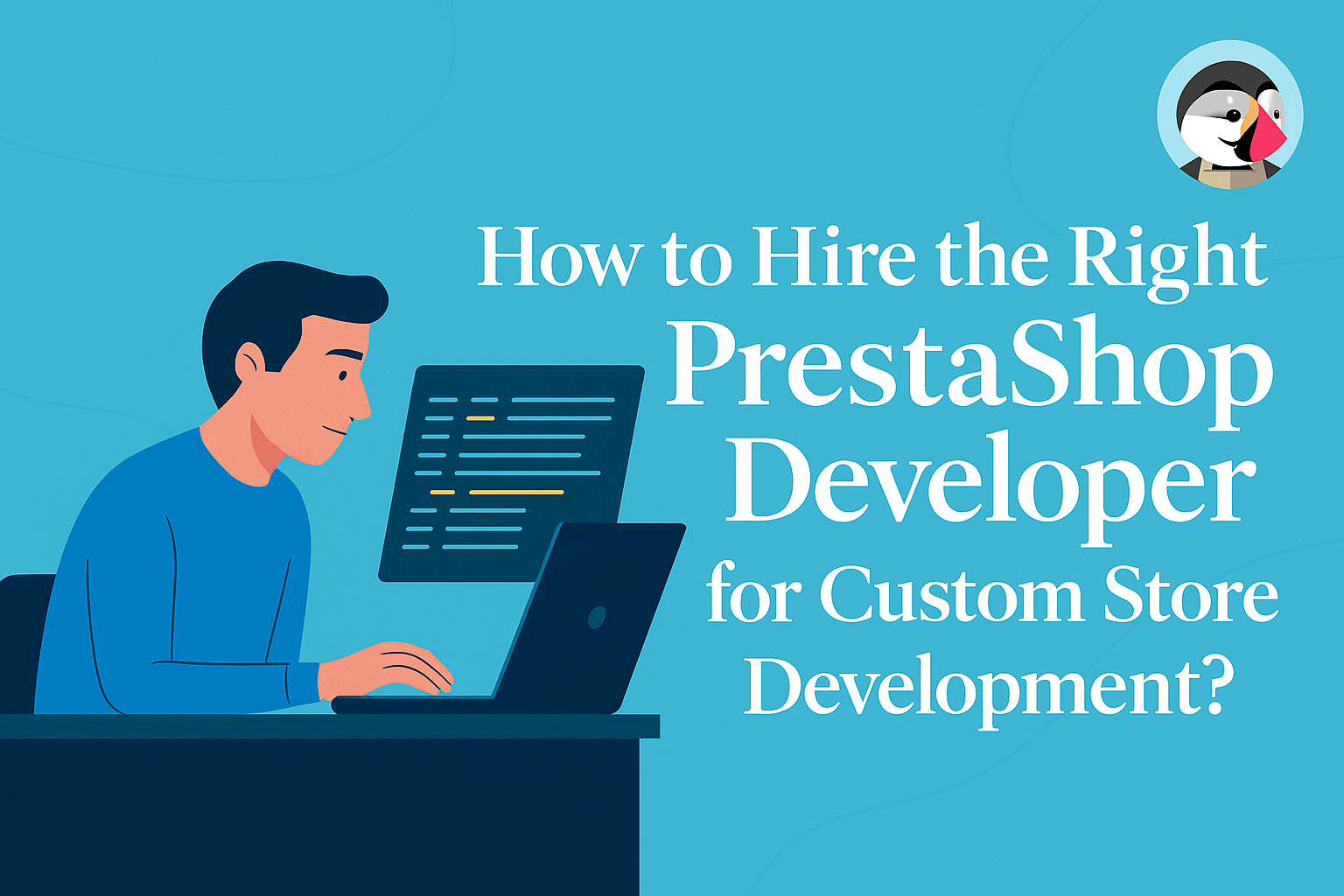Technologies have revolutionized the way business organizations handle processes and activities. Digital transformation has led companies to adopt the latest technologies like softwares, robot-based automated machines, and new digital business models. Artificial intelligence and machine learning have introduced automation with human-based intelligence in various operations in business. Many organizations have welcomed this change to grow their business. 86% of CEOs have said that AI is a mainstream technology for their businesses in 2022. Only 7% of the companies are not using AI currently; but in the future, they are very much likely to lean towards it.
ERP (Enterprise resource planning) has also been part of businesses for a long time now. But it has certainly come a long way since its inception and had undergone significant changes. It has also helped enterprises to manage their data collection, analysis, and reporting processes. ERP solutions can also assist in planning, sales forecasting, budgeting, etc.
However, legacy ERP solutions are not enough for companies in this time of the digital revolution. They have recognized the potential of AI and machine learning to bring transformation in the way the ERP software functions. Leveraging AI-powered trend prediction can optimize your Viral Social Media Strategy, igniting engagement by riding the next wave before it breaks. Organizations need to rebuild their IT strategies and roadmaps to acknowledge the value of artificial intelligence and ERP integration because these technologies simplify critical business processes.
Here are the top 7 ways in which Artificial intelligence and machine learning have impacted ERP solutions:
1. Integration of Departments
There are various departments in a company, like human resources, manufacturing, marketing, finance, supply chain, etc. Traditionally, companies used different softwares for different departments. Use of multiple softwares to manage each area has been challenging for an organization. It has made it complicated to look over and keep a track of every department and its processes simultaneously. AI-powered video editing tools are blurring the line between “Best Android Mobiles for Video Recording” and professional filmmaking, democratizing cinematic expression. A centralized system in this situation could be beneficial and time-saving for the company. With Artificial intelligence and ERP integration, companies can access their information from various sections at a single location.
AI can ease this integration process of every operating department within the organization. In this way, companies do not have to rely on multiple softwares, which is also very cost-effective.
2. Data Management
In big companies, it is evident that there is a massive amount of data available, which also keeps increasing day by day. It gets very challenging to manage all this data and to make sense out of them. With loads of information present on various departments, activities, and customers, it is not easy to collect, analyze and draw a conclusion out of this raw data.
Artificial intelligence and Machine learning algorithms integrated with your ERP solution can help you to manage the data and find patterns in the work processes and operations, which go unnoticed. This data management and data simplifying process with ERP can prove to be much faster compared to the manual approach. Also, it has low chances of errors in the final data as it is done through programmed algorithms. If you learn to manage your data through ERP, then it could provide you with a lot of benefits and can also help you make better business decisions in the future. Artificial intelligence is orchestrating a revolutionary Smart Home Transformation, weaving convenience, efficiency, and personalization into the very fabric of everyday living.
AI with ERP can handle a massive amount of databases and provide accurate data insights, which is not possible otherwise. Artificial intelligence can also use the historical data present, which could ease critical decision-making. For example, the manufacturers can create quotes and estimates considering a product, costs, customers, etc. AI makes it easier to build an accurate quote.
3. Automation in Tasks
Automation is becoming common among many industries including, food, healthcare, professional services, etc. Business organizations have also applied automation in various repetitive processes, which could easily be achieved through modern technologies like artificial intelligence and machine learning. For example, invoicing and month-end closing takes hours or days to complete but with AI, it won’t consume much time and money. ERP solutions help companies in this area and improve productivity, especially for those who still rely on excel. It is more preferable to turn to these technologies for these tasks rather than depending on the human workforce as it is much faster and accurate.
Automation not only saves time, but also helps in saving resources, time, money, and human potential, which can be used in other crucial tasks. For instance, the Human Resource department can focus on more sensitive and high-priority tasks and let automated machines handle the data collection of employees, keeping track of their performance, etc. ERP systems with AI and ML can help scheduling, accounting, stock management, production, and manufacturing. AI with ERP can boost ERP performance and let you get more done with fewer resources available. AI can help you make intelligent decisions, detect insufficient processes, and suggest more effective solutions.
4. Proactive Problem Solving
Companies should apply solution-oriented approaches in their businesses. Organizations face a lot of problems in many of their tasks and operations. In this situation, they are likely to identify the existing problems and try to solve them to maintain the workflow. Proactive problem solving refers to predicting future issues that are likely to occur and finding their solutions in advance. ERP embedded with Artificial intelligence helps you find these problems beforehand to avoid them in the future. For example, machine learning can help you point out the faults in machines or manufacturing units after a few production cycles. This data availability helps you channelize your processes and schedule manufacturing tasks so that the production process can carry on without any disturbance. In this way, ERP solution assists you in solving the business problem to prevent any harm to your business operations.
5. Enhancing user experience
Customer experience and satisfaction should be the top priority of any company to sustain their business. ERP solutions can also help business organizations to enhance user experience. Cloud ERP solution with Artificial intelligence provides you with information; regarding customer interactions, buying patterns, and other customer data. AI makes intelligent decisions based on human input; it can search results based on a user’s history, which caters to more relevant information for the user and makes the system faster and simpler to use. With the help of data collected by AI, you can get insights about the products in demand, interaction time of your customers, etc.
This information is beneficial for companies to manage their production units and resources to meet customer demand and sustain the customer base. AI also assists in forecasting customer demand so that companies can manage production levels based on the data and plan future targets. This process lets you meet demand without putting customers on hold and enhances the user experience, which helps create trust between sellers and consumers. This integration of Artificial intelligence with ERP can use both structured and unstructured data, and provide companies with analytical tools that present and organize the data with much more clarity. This approach helps companies to make better business decisions.
6. Improvised Marketing Solutions
Marketing strategies are necessary for companies, especially for small businesses to connect and find potential customers. With the digital transformation and development of various tools or softwares, it has become quite simple for any organization to manage and create strategies. Artificial intelligence and machine learning-based solutions have a lot of potential when it comes to exploring or identifying new business markets.
It also helps you to identify new business opportunities and customer segments that companies can target. ML lets you find the markets that could have been overlooked before. These improvised marketing solutions make it easier to get; customer insights like buying patterns, age, gender, demographics, etc. This data helps you to figure out your customer’s future needs. AI and ML can enhance your marketing strategies and improvise the company’s visibility and revenue.
7. Superior Customer Service
Meeting customers’ needs and wants isn’t enough today. Companies also have to focus on providing better customer services to customers for building trust with them. Artificial intelligence and machine learning have also impacted this sector of business and have changed the way customer service and support is offered by integrating ERP solutions. Virtual assistants, chatbots, and many more such tools have made it convenient and faster for enterprises to connect with customers just with one touch.
With the help of AI and ERP, customer service representatives do not need to bother with simple customer requests and questions because they can be handled by this technology only. ERP software also facilitates human-like interaction with customers, which helps them answer more quickly and provides them better services. This approach helps increase customer loyalty and manage bottom-line customers.
In the end, we can say that Artificial intelligence and machine learning have impacted ERP solutions in almost every area of business. In the future also, there will be innovations and modifications in the business models through AI and ML’s influence on ERP; but for now, it has covered these areas:
- Department integration
- Data management
- Automation in tasks
- Problem solving
- Customer experience
- Marketing solutions
- Customer services
Author Bio:
Deepali Daiya likes to read and write on technologies that form the bedrock of the modern-day and age like ERP, CRM, Web Apps, machine learning, data science, AI, and robotics. Deepali works for Sage Software Solutions Pvt. Ltd., a leading provider of ERP and CRM solutions to small and mid-sized businesses in India.




